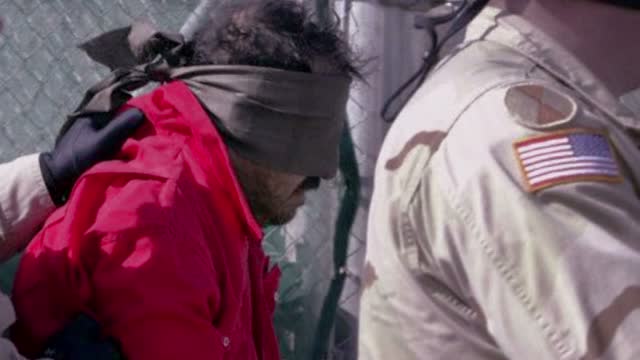AQ Militant Killed in Yemen At Center of Debate Over Pre-911 Intelligence Sharing

May 7, 2012
Share
Fahd al-Quso, a senior Al Qaeda militant linked to the October 2000 bombing of the USS Cole, a Navy destroyer harbored in the port of Aden, was killed in a U.S. airstrike in Yemen yesterday, according to authorities there.
Quso was well-known as a top U.S. target who had managed to slip the authorities on multiple occasions. After being picked up in Yemen following the USS Cole attack, which killed 17 American sailors, Quso told interrogators he had been tasked with taping the bombing. But in April 2003, he managed to escape from prison. A month later, the U.S. Department of Justice indicted him (PDF) for his role in the USS Cole attack. Yemeni authorities recaptured him in 2004 and sentenced him to 10 years in prison; but they released him three years later, refusing to give him to U.S authorities in the absence of an extradition treaty.
But less well-known in Quso’s saga is that he was also at the center of a debate about whether American intelligence agencies could have prevented 9/11.
Former FBI interrogator Ali Soufan told FRONTLINE last year that his interrogation of Quso after the USS Cole attack brought him close to uncovering the 9/11 plot. In the excerpt above, Soufan recalls how he was able to extract “significant information” from interrogating Quso before 9/11, not only about the USS Cole bombing and the terrorist camps in Afghanistan Quso had trained in, but also about a complex web of key Al Qaeda figures.
But Soufan says he was unable to get crucial intelligence from the CIA, and therefore his inquiry stopped short of exposing the link between Quso and the gathering threat. When Soufan went back to interview Quso after 9/11 — now armed with a series of surveillance photos of a 9/11 planning meeting given to him by the CIA — he connected Quso to two operatives who flew Flight 77 into the Pentagon.
Soufan argues that the original interrogations of Fahd Quso were a missed opportunity, and therefore a turning point in American history.
After his release, Soufan says Quso became a high-level operative in Al Qaeda in the Arabian Peninsula (AQAP), the terrorist group’s outfit in Yemen, where he featured in propaganda videos and also focused on building AQAP through providing social services. He was on the FBI’s Most Wanted Terrorists list and the State Department had offered up to a $5 million reward for information leading to his capture or conviction.
American officials have not yet confirmed his death, but Quso would be another senior AQAP member killed in an escalating drone campaign in the country. Anwar al-Awlaki, a senior AQAP figure and a U.S. citizen, was killed in a drone strike in Yemen last September.
In the last month, the CIA has sought to expand the drone campaign in Yemen to include “signature strikes,” the more controversial of the two kinds of drone strikes the agency carries out because the targets’ identities are unknown before the strike.
Latest Documentaries
Related Stories
Related Stories
Explore
Policies
Teacher Center
Funding for FRONTLINE is provided through the support of PBS viewers and by the Corporation for Public Broadcasting, with major support from Ford Foundation. Additional funding is provided the Abrams Foundation, Park Foundation, John D. and Catherine T. MacArthur Foundation, Heising-Simons Foundation, and the FRONTLINE Trust, with major support from Jon and Jo Ann Hagler on behalf of the Jon L. Hagler Foundation, and additional support from Koo and Patricia Yuen. FRONTLINE is a registered trademark of WGBH Educational Foundation. Web Site Copyright ©1995-2025 WGBH Educational Foundation. PBS is a 501(c)(3) not-for-profit organization.





















